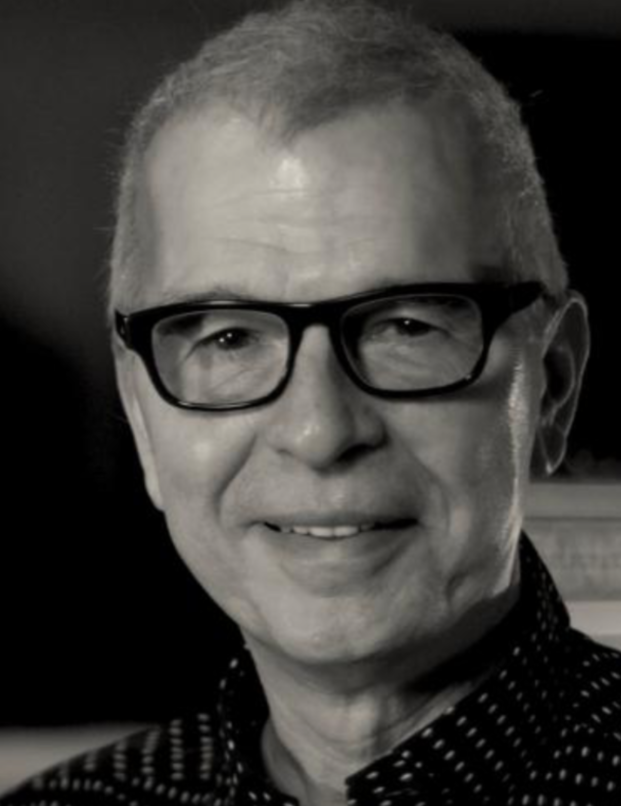Tony Visconti is one of the world’s most revered record producers. Most famous, of course,
for his extraordinary work with David Bowie and Marc Bolan. He and Bolan used to experiment with sounds together in their early days, when working with Malcolm Toft; both were equally fascinated in pushing musical boundaries, and working out how to manipulate sounds. It clearly worked. Any T. Rex record sounds as current today as it did back then. Remarkable.
Today, Tony Visconti is as busy as ever: he’s been making records with Damon Albarn and The Damned, to name a few; and he even delved into the world of hip hop with St Louis-based act, iLLPHONiCS, who he met when they opened for Kristeen Young, another super-talented artist who he’s been championing for some time. But how much has life in the studio changed since his time working with legends like Bowie and Bolan?
“It’s exactly the same,” he smiles. “When I worked with The Damned recently on their last album, I went to London to meet them, and talk about what they wanted to achieve from the record; and then we went to a studio in Brooklyn, and I had all my notes with me from our original chat in London. I tend to remind artists in the middle of the project what their goals were, because they often forget – I forget too, of course! [smiles]”
Visconti is a big believer in preparing for sessions, and thinks that everyone should do so, rather than dive in head first, so to speak.
“People beginning to make records should always consider how important it is to do pre-production; what artists like about me is that I can coach them, and I can teach them how to sing better,” he says. “Young producers now tend to think, ‘well I’ll get 30 takes out of them, I’ll make a playlist, i’ll hack it up, frankenstein the vocal, and make it sound perfect by putting it through Auto-Tune.’
“But you can hear that records are too perfect today, and they’re not interesting by virtue of being too perfect. You only look at a diamond once! [laughs] But it’s the flawed ones that are the more interesting ones. Bowie and I together always kept those so called ‘mistakes’, because that’s the gold.”
Conversation turns digital, as we discuss modern day production techniques.
“I use Pro Tools 90% of the time, and I always upgrade, even though they sometimes crash, but Ultimate is the most stable Pro Tools ever, and I love it,” Visconti explains. “The thing about the digital world, though, is that it’s outdated every two years, and that is just a sin against nature; in analogue, if you have a Fairchild, it still works! Anyway, I try to keep up to date on plugins, but try not to rely too heavily on them, as there is always another way of doing it. I’ll just remember what I like about it. It is disheartening, though, if I open up a Bowie track from 2003 that I mixed, and half of the plugins are now redundant.”

